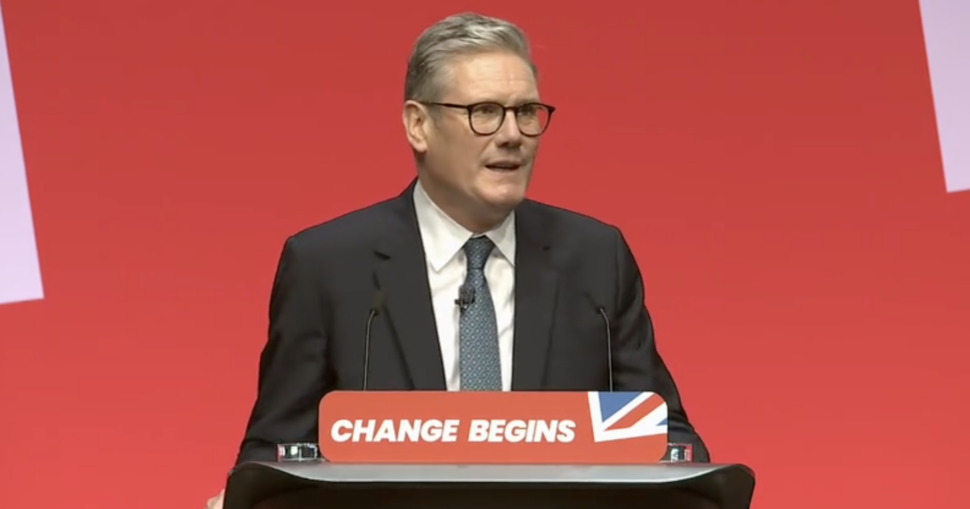Education Secretary Bridget Phillipson is calling on parents to “put their phones down and pick up a book” as part of a government campaign to improve reading habits and make more children school-ready.
The reading campaign will also involve school and community events, supported by more than 30 organisations including the Premier League, Julia Rausing Trust and Arts Council England.
The announcement comes as the government prepares to launch its “best start in life” strategy this week, including new funding for partnerships between schools and local nurseries to “strengthen transitions into school and break down barriers from day one”.
Phillipson is launching the national year of reading 2026 with the National Literacy Trust, after it was found only one in three eight to 18-year-olds said they enjoyed reading in their free time this year.
More than a quarter of pupils leave primary school without meeting expected standards, the DfE has found.
This grows to 40 per cent of children from white working-class backgrounds, and 59 per cent of children with special educational needs.
‘Put your phones down and pick up a book’
Phillipson has called on parents to lead by example and make reading a daily habit, arguing it “holds the keys to so much of children’s education”.
“This can’t just be a government mission,” she said, “It needs to be a national one. So, it’s time for all of us to play our part, put our phones down and pick up a book”.

Just ten minutes of reading a day can help contribute to children being “school ready”, Phillipson added.
It comes after the prime minister Sir Keir Starmer set a target of increasing the proportion of reception pupils achieving a “good” level of development to 75 per cent by 2028.
The government said data showed reading for pleasure contributed to stronger writing skills, improved wellbeing and confidence and higher future earnings.
A new study from the found pupils with higher reading and writing proficiency in primary school earned £65,000 than peers with a lower ability over their lifetime.
‘The foundation of a successful life’
More than 72,000 books will be sent to areas with the highest rates of child poverty by the National Literacy Trust this summer as part of the summer reading challenge.
Jonathan Douglas from the National Literacy Trust said the campaign aimed to tackle “the lowest levels of reading enjoyment and daily reading in a generation”.
“Reading is the foundation of a successful life – the key to unlocking potential, strengthening social cohesion, enhancing wellbeing and boosting skills,” Douglas said.
The DfE has already pledged to invest £27.7 million to support the teaching of reading and writing in primary school.
Targeted support is also being rolled out for struggling readers in secondary school. The government is also reviewing the curriculum and assessment system, with a final report expected in the autumn.
It comes as ministers prepare to set out their wider “best start in life” strategy this week. The government has already announced an expansion of the family hubs programme to every council area in England.
It has said the strategy will include funding for partnerships between schools and nurseries, but further details have not been announced.
‘School readiness data tool’ coming this autumn
It also comes after the DfE announced plans last week to launch a “school readiness data tool” to tell leaders where to focus their efforts in reception.
Government will also give councils statutory targets to better equip children for education, Phillipson announced.
The DfE said the school readiness tool would “better support schools in decision making about where to focus their efforts in reception year”.
It will “show schools the development target they should be aiming for based on comparator schools, and single out areas of focus for schools to improve their current scores”.
No further details have been announced.
Phillipson also announced on Friday that every council will work with government to “agree statutory targets to improve school readiness in their area”.
They will also have to develop “best start local plans” to achieve the milestone by 2028.








How will the government support LAs to cease closing libraries down to support this drive?
We used to have a thriving schools library service where teachers went on a regular basis to get the latest books for their class. Due to schools being underfunded, they can no longer buy into this service leaving schools fending for themselves to try and buy their own.